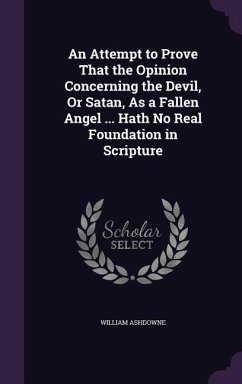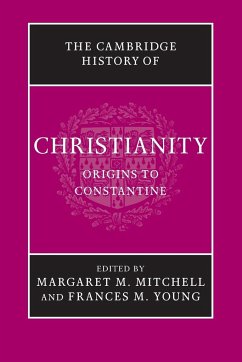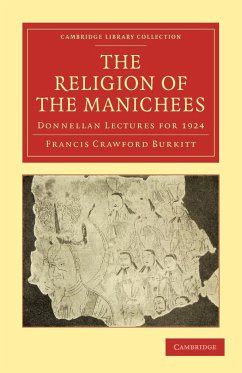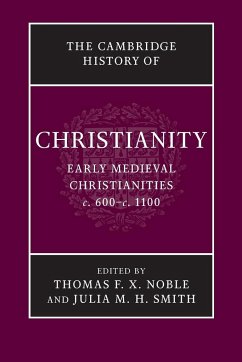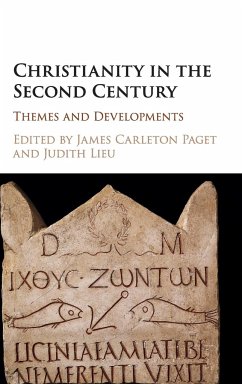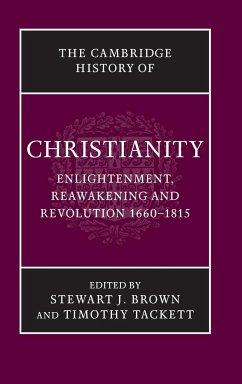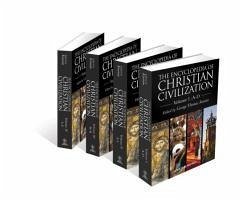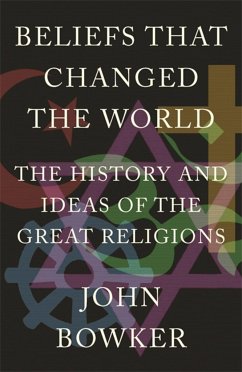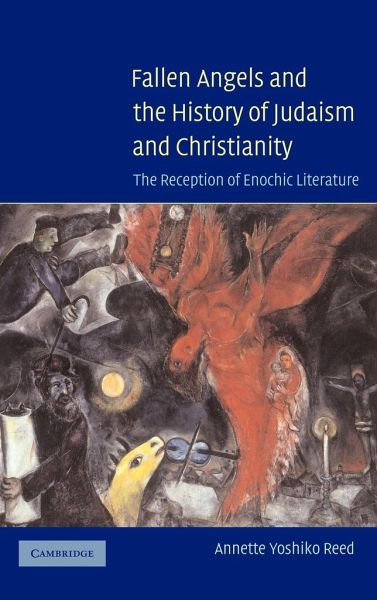
Fallen Angels and the History of Judaism and Christianity
The Reception of Enochic Literature

PAYBACK Punkte
55 °P sammeln!
Short description/annotationThis book considers the early history of Jewish-Christian relations focussing on the fallen angels.Main descriptionThis book considers the early history of Jewish-Christian relations focussing on traditions about the fallen angels. In the Book of the Watchers, an Enochic apocalypse from the third century BCE, the 'sons of God' of Gen 6:1-4 are accused of corrupting humankind through their teachings of metalworking, cosmetology, magic, and divination. By tracing the transformations of this motif in Second Temple, Rabbinic, and early medieval Judaism and early, late a...
Short description/annotation
This book considers the early history of Jewish-Christian relations focussing on the fallen angels.
Main description
This book considers the early history of Jewish-Christian relations focussing on traditions about the fallen angels. In the Book of the Watchers, an Enochic apocalypse from the third century BCE, the 'sons of God' of Gen 6:1-4 are accused of corrupting humankind through their teachings of metalworking, cosmetology, magic, and divination. By tracing the transformations of this motif in Second Temple, Rabbinic, and early medieval Judaism and early, late antique, and Byzantine Christianity, this book sheds light on the history of interpretation of Genesis, the changing status of Enochic literature, and the place of parabiblical texts and traditions in the interchange between Jews and Christians in Late Antiquity and the early Middle Ages. In the process, it explores issues such as the role of text-selection in the delineation of community boundaries and the development of early Jewish and Christian ideas about the origins of evil on the earth.
Table of contents:
Preface; List of abbreviations; Introduction; 1. Angelic descent and apocalyptic epistemology: the teachings of Enoch and the Fallen Angels in the Book of Watchers; 2. From scribalism to sectarianism: the angelic descent myth and the social settings of Enochic pseudepigraphy; 3. Primordial history and the problem of evil: Genesis, the Book of Watchers, and the fallen angels in pre-Rabbinic Judaism; 4. The parting of the ways(?)33; Enoch and the Fallen Angels in Rabbinic Judaism and early Christianity; 5. Demonology and the construction of Christian identity: approaches to illicit angelic instruction among proto-Orthodox Christians; 6. The interpenetration of Jewish and Christian traditions in late antiquity: the exegesis of genesis and the marginalization of Enochic literature; 7. The apocalyptic roots of Merkabah Mysticism(?)33; The reemergence of Enochic traditions in post-Talmudic Judaism; Epilogue; Bibliography.
This book considers the early history of Jewish-Christian relations focussing on the fallen angels.
Main description
This book considers the early history of Jewish-Christian relations focussing on traditions about the fallen angels. In the Book of the Watchers, an Enochic apocalypse from the third century BCE, the 'sons of God' of Gen 6:1-4 are accused of corrupting humankind through their teachings of metalworking, cosmetology, magic, and divination. By tracing the transformations of this motif in Second Temple, Rabbinic, and early medieval Judaism and early, late antique, and Byzantine Christianity, this book sheds light on the history of interpretation of Genesis, the changing status of Enochic literature, and the place of parabiblical texts and traditions in the interchange between Jews and Christians in Late Antiquity and the early Middle Ages. In the process, it explores issues such as the role of text-selection in the delineation of community boundaries and the development of early Jewish and Christian ideas about the origins of evil on the earth.
Table of contents:
Preface; List of abbreviations; Introduction; 1. Angelic descent and apocalyptic epistemology: the teachings of Enoch and the Fallen Angels in the Book of Watchers; 2. From scribalism to sectarianism: the angelic descent myth and the social settings of Enochic pseudepigraphy; 3. Primordial history and the problem of evil: Genesis, the Book of Watchers, and the fallen angels in pre-Rabbinic Judaism; 4. The parting of the ways(?)33; Enoch and the Fallen Angels in Rabbinic Judaism and early Christianity; 5. Demonology and the construction of Christian identity: approaches to illicit angelic instruction among proto-Orthodox Christians; 6. The interpenetration of Jewish and Christian traditions in late antiquity: the exegesis of genesis and the marginalization of Enochic literature; 7. The apocalyptic roots of Merkabah Mysticism(?)33; The reemergence of Enochic traditions in post-Talmudic Judaism; Epilogue; Bibliography.






